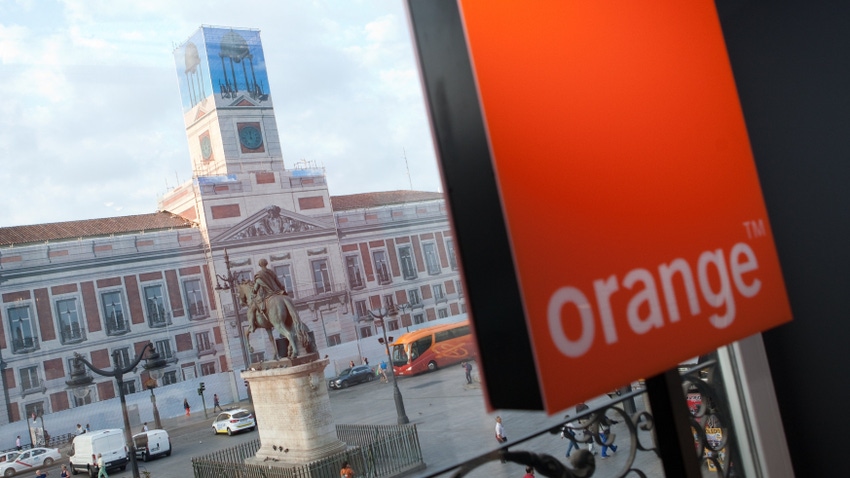MásOrange launches in Spain as merger closes
Orange and MásMóvil have completed their merger deal to create a new market leader in Spain, but while the new company has a new chairman, it still seems to lack a name.
March 27, 2024

The 50:50 joint venture between Orange Spain and MásMóvil starts operations immediately, Orange announced on Monday. However, as yet there is little evidence of that; a quick look at the two companies' websites shows it's still very much business as usual, with the firms continuing with their existing brand names.
But it's early days. Spanish press reports late last week claimed the company will adopt the MásOrange moniker, which seems like a credible suggestion. El Economista's sources noted that the companies' shortlist of brand names also included Orange-MásMóvil and MásMóvil-Orange – pretty uninspiring, but a fairly common move in this industry – plus the more creative +O, which makes sense, but looks a bit uncomfortable.
Playing on the MásMóvil name appears still to be an option though. The paper notes that 'More' was also discussed and could be used in future by the new entity, more being the English translation of más. But for now, they seem to be playing it safe. As El Economista pointed out, MásOrange remains instantly recognisable and avoids the need for hefty investment in brand positioning.
Either way, it predicts that a formal announcement will come after Easter.
The companies have had plenty of time to think about a name. Orange and MásMóvil inked their merger deal to create an entity with an enterprise value of €18.6 billion as long ago as July 2022. As we knew it would be, the regulatory process was long and tortuous, with the European Commission expressing serious concerns about its anticompetitive nature. But, as we all suspected, the offer of remedies in the form of a mobile asset sale to new fourth player Digi Communications at the back end of last year did the trick. Brussels green-lighted the deal in February and the Spanish government followed suit a month ago.
And now, after all those months of discussion and regulatory hoop-jumping, the new telco can get down to business.
Orange confirmed that longstanding MásMóvil chief executive Meinrad Spenger will serve as CEO of the merged entity, while Ludovic Pech and Germán López were confirmed as CFO and COO respectively, the former hailing from the Orange Group, the latter from MásMóvil.
There's also a new name at the top of the new entity. Jean François Fallacher, who has been CEO of Orange France for the past year, having previously spent two and a half years at the helm of Orange Spain, will become non-executive chairman of the telco.
The company has 37 million fixed broadband and mobile lines, making it Spain's new market leader in customer terms.
"With our JV, the Spanish telecom market has now a stronger company with the capacity to innovate and invest and to serve our clients in the residential and business segment as their trustful partner," said Spenger, in a statement.
The announcement also included news that the firms have revised up their expectations on the synergies the merger will generate. The currently nameless JV is now expected to generate synergies of €490 million by the fourth year after closing, up from the €450 million the companies predicted almost two years ago.
The payments the parent companies will receive also appear to have increased. Orange is now looking at an upstream payment of around €4.4 billion and MásMóvil shareholders €1.65 billion; the firms were previously working towards a combined total of €5.85 billion.
With all the paperwork finally out of the way, Spain now has a new telecoms market leader. It may be known as MásOrange. We will find out for sure in the coming days.
About the Author(s)
You May Also Like








.png?width=300&auto=webp&quality=80&disable=upscale)


_1.jpg?width=300&auto=webp&quality=80&disable=upscale)


.png?width=800&auto=webp&quality=80&disable=upscale)